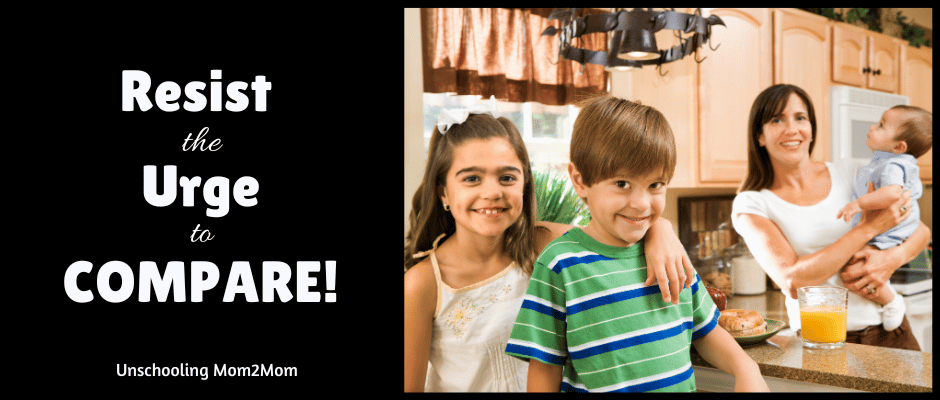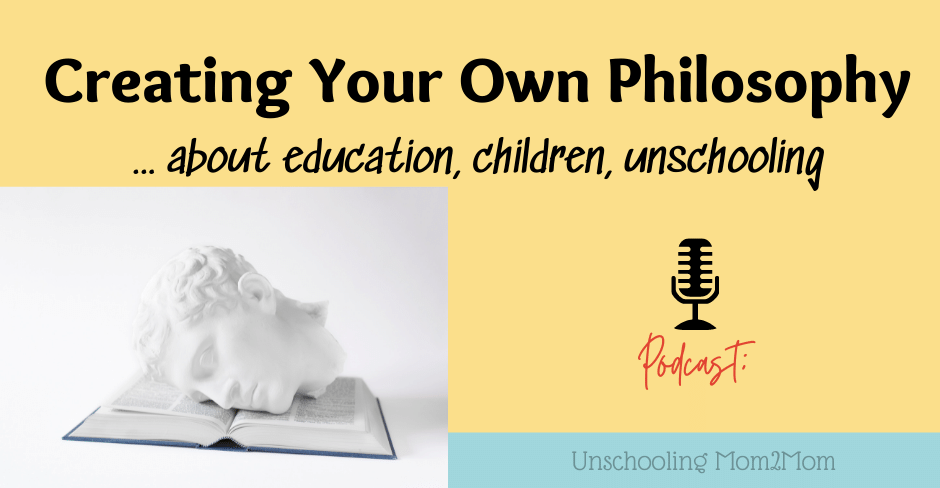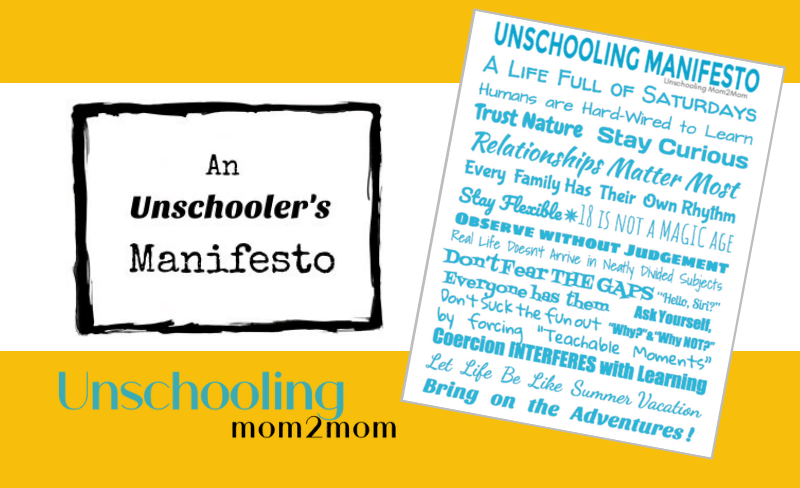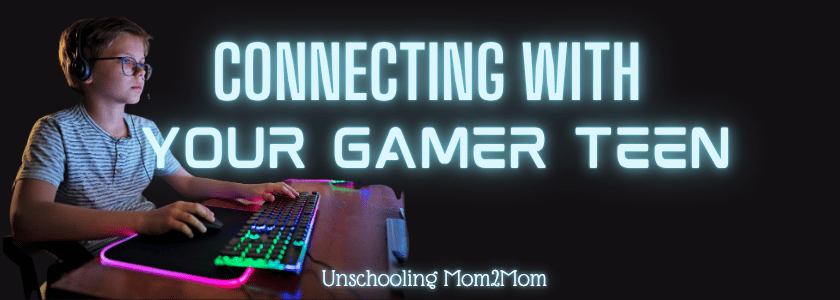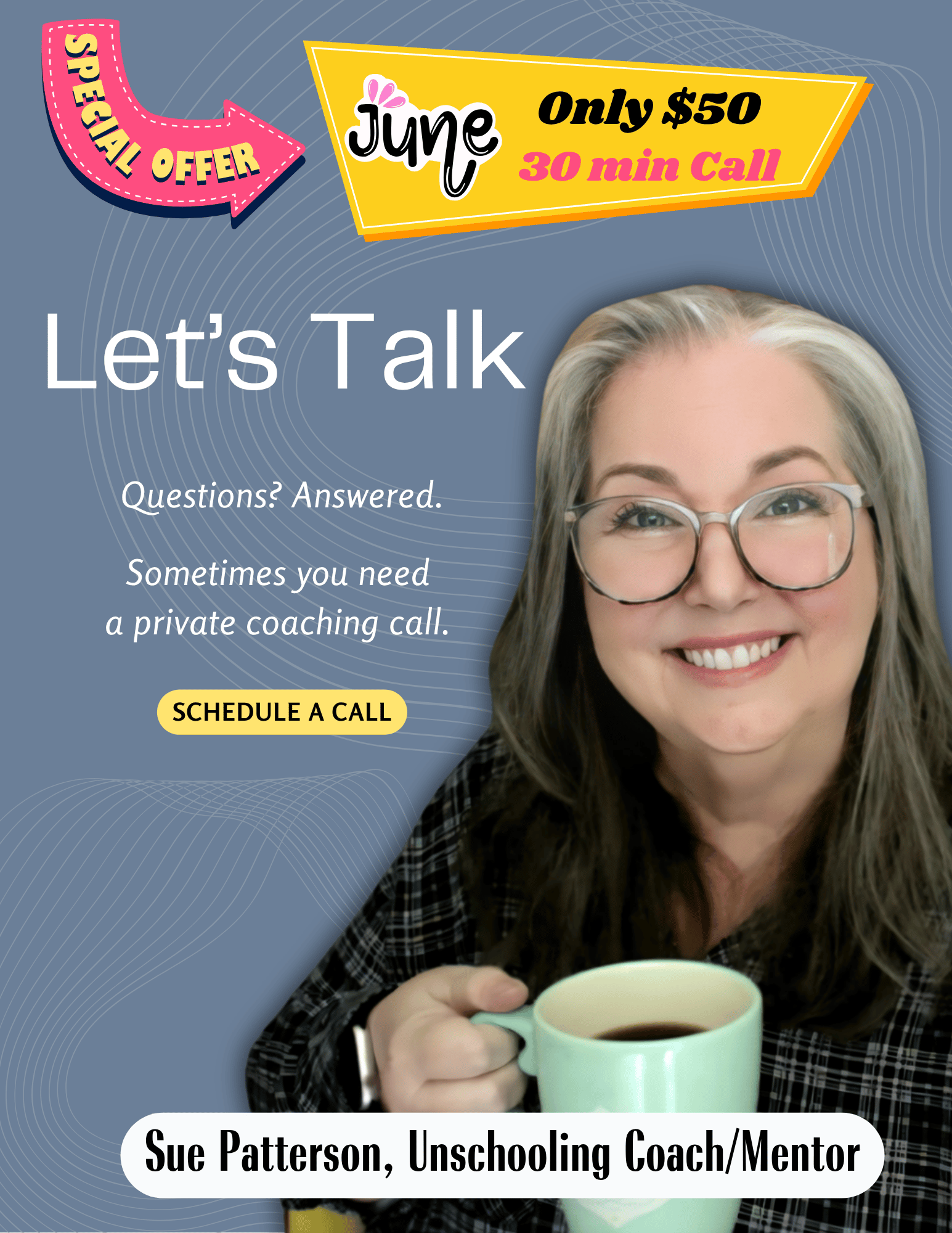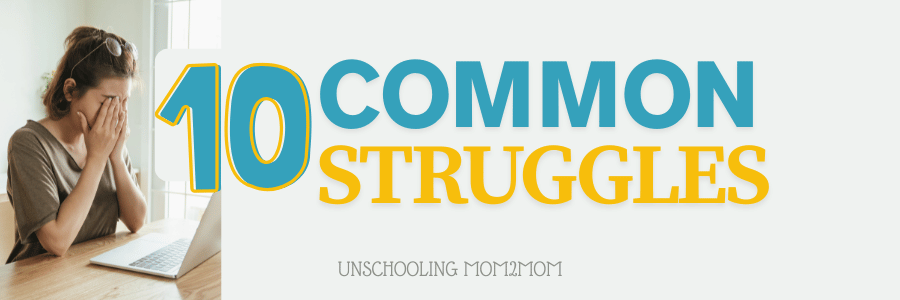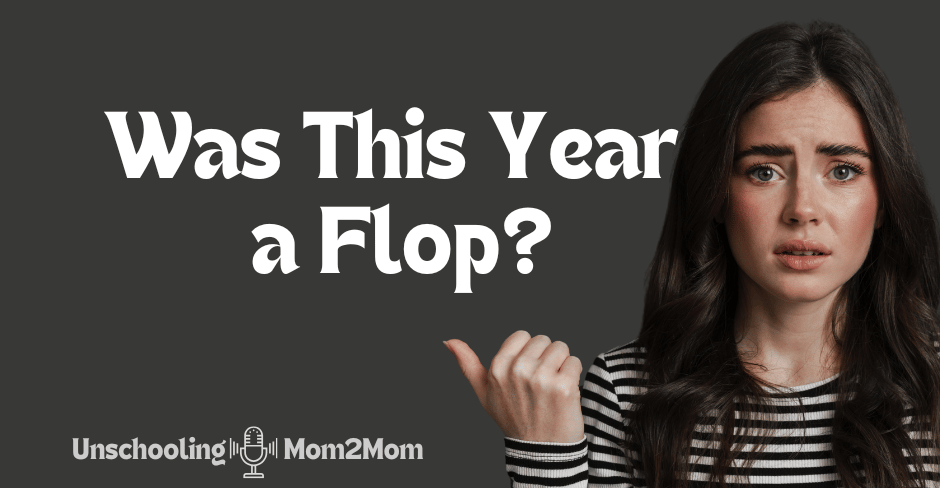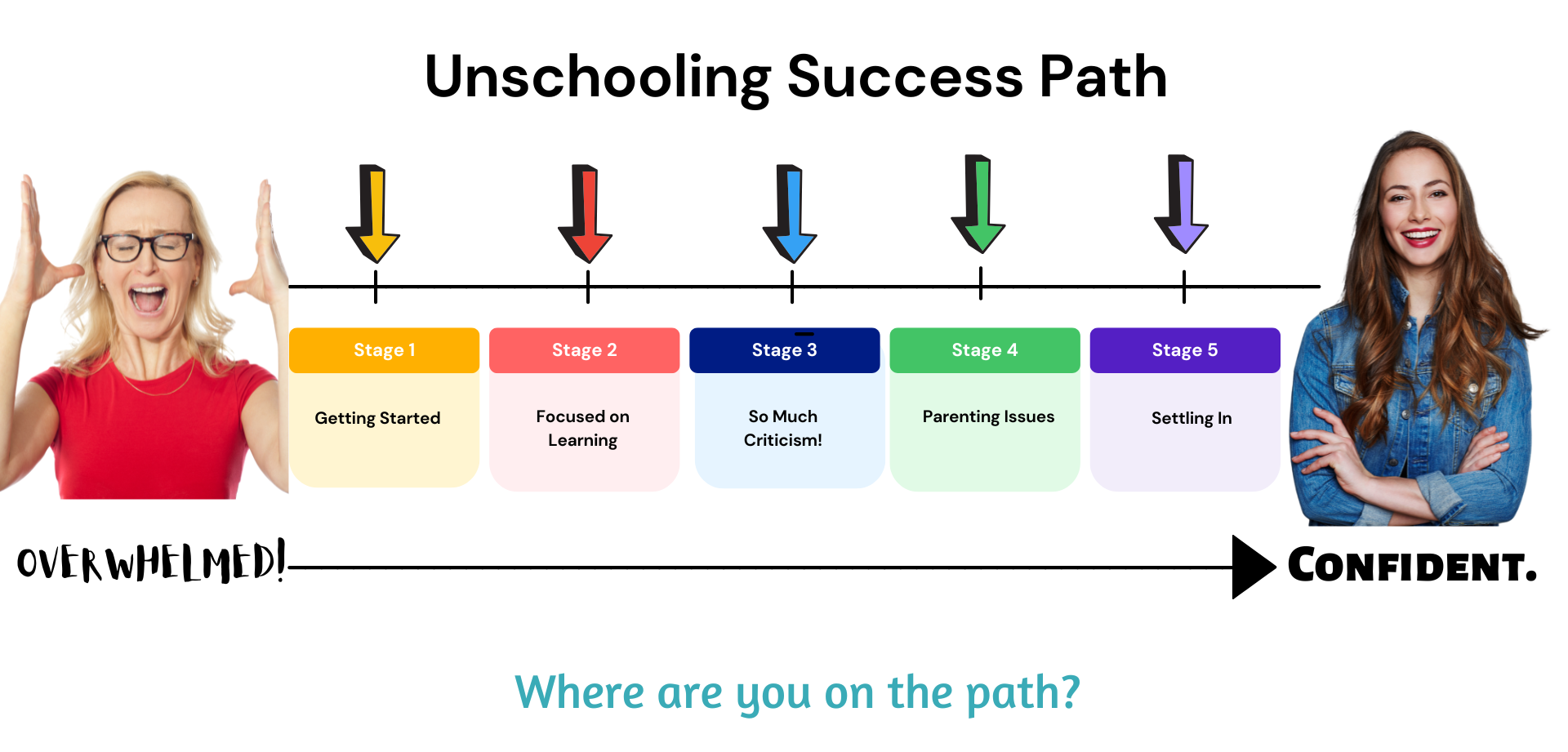Resist the Urge to Compare
I’m not sure how so many of us can hold such opposing thoughts simultaneously.
On one had, we see children as unique beings with their own individual talents and strengths.
And on the other hand, we set up 12 years of measuring them against each other, using the dreaded bell curve for their age group, as if the goal is to turn them into something like everyone else - to actually standardize the children themselves.
And if you’re still in the
deschooling phase, it’s important to notice that the measuring of the children has nothing to do with their learning. Sometimes it’s a tool to see how the system is doing - the kids are used as feedback. Because it’s quantifiable. But the end result is all about comparison.
Are You Making Comparisons?
We’ve all read enough parenting books to know that comparing children is a bad thing.
Maybe we’ve even been the victim of this kind of parenting ourselves?
So when it comes to unschooling our kids, why do we continue to make comparisons between our children and other people’s children?
My son isn’t reading at the same level as other kids his age.
Her daughter is so into journalling and mine won’t pick up a pencil!
Their family is out exploring the community together, while mine resist anything that involves leaving the house!
Sound familiar? Actually, the list could go on and on!
Lots of mainstream parenting advice list the drawbacks for these kinds of comparisons:
Comparisons damage their self-esteem.
Comparisons damage the parent-child relationship.
Comparisons make your child resentful of your criticisms.
Comparisons make them resentful of the person you’re comparing them to.
Comparisons tell them that you think they’re not good enough “as is.”
Comparisons tell them that you wish they were different.
Your child starts to believe that they really aren’t good enough.
Your child might carry these feelings with them for a long time.
Nothing good from that list, right??
And yet...
In spite of knowing that comparisons are not a good thing, we just can’t seem to stop ourselves. Why is that?
And that's what I want to talk with you about today.

4 Reasons We Struggle with Comparisons/Competition
It's not surprising that we make comparisions. Often, our own WORTH is determined by how we measure up against other people. No wonder this is so hard for us as parents opting for this very UNFAMILIAR approach to learning and parenting.
I've thought of 4 reasons for you to consider - they might help you make some shifts with your own kids.
1. You’re doing something very different from The Norm.
It’s one thing if you’re duplicating school at home – then you have benchmarks you’re aiming toward. But when you unschool, you’ve ditched the benchmarks. When you allow a child to
explore their interests and follow their curiosities, you have no idea where it will lead. Setting up standards and yardsticks would be a waste of time – time that you could be in there connecting and fueling their interests!
So you’re stepping off The Path and frankly – if you’ve spent any time in school at all – you’ve been conditioned to believe that that can only lead to disaster! No wonder it takes DELIBERATE effort to stop comparing them to those familiar standards.

2. You don’t do well with judgements.
Maybe you have people talking to you about how your kid is “behind.” Oh those "helpful" critics! Or maybe it’s just voices in your head from years of micro-criticisms (and maybe not always so micro!) In either case, you’re not feeling all that confident and those voices are like sharks smelling blood. They’re moving in on you. Yikes!
Even as one of the most well-intentioned parents, you can sometimes fall into the idea that your kids are a reflection of you and your parenting choices. It’s a big responsibility to do something very few (at least locally) seem to be doing.
The internet is full of parents who show us how they see their kids as extensions of themselves. And not just the internet – though that makes our circle ever-widening – but articles in the media, conversations in the neighborhood, and of course those bumper stickers with “bragging rights!” So much ego! And so many moms and dads living vicariously through their children, encouraging them to do the things that they never did themselves. It’s a mess. You have the opportunity to clean off the lens and see your own motivations more clearly.
What’s that Oprah quote? “When we know better, we do better!”
If you find yourself worried about what others might think, find someone you trust to talk with about it.
Uncover what’s really bothering you, or how the criticism may not even be valid.
We talk about some of these things in
my private coaching group, for anyone interested.

3. You may need more foundation work.
Have you thought about why you’re choosing this educational option? Why you’re choosing to home educate at all? You had good reasons to start, maybe you need to pull them out and dust them off.
Remind yourself of why
this is such a great opportunity for your child and your family.
When we first started out, a friend told me,
"Create your own personal philosophy about education, children, and parenting. What do you believe?”
When you’ve taken the time to do that, you’ll find that your foundation is stronger. You won’t be unschooling because someone else’s kids turned out cool. You’ll be doing it because you know it’s right for you.
I have two podcasts/blogposts to help you get your wheels turning about what YOU believe:
4. Society is preoccupied with competition.
And, our self-worth is often directly tied to how we compare with others.
Sometimes parents will say that the competition is inspiring to their child, helps them work harder, or even keeps them from getting cocky. They believe there’s such a thing as “healthy competition,” and that it will build character or produce excellence.
But that’s not what is actually happening.
Competition often undermines cooperation as kids are conditioned to believe that triumphing over someone else is what matters most. Alfie Kohn writes that competition is inherently destructive and explains more in his article,
The Case Against Competition. Kohn’s first book,
No Contest, explores the research on the negative effects that arise in a competitive environment.
Our goal – or at least my goal as an unschooling parent – was to help my child feel good in their own skin. I wanted them to know that they have gifts and strengths to offer the world that are completely separate and unrelated to what other people’s gifts and strengths are.

So what are the takeaways here?
- Every child is different and develops at a different pace.
- Different does not equal Wrong.
- No competition exists – there’s no race to the top.
- Don’t let your own ego interfere in your relationship or your expectations of your children.
- Do whatever personal work you need to do to be the parent you want to be – the parent your child deserves.
- Focus on who your child actually is – not who you wish they were. The ripple effect will astound you.
It’s easy to get caught up in the hustle and bustle of raising a family. And then our parenting goes onto auto-pilot, and we do what's familiar. So bringing these thoughts back to the front of our minds reminds us of how we might want to make some changes. Talking about these ideas with others who are on this same path, may help you continue on creating the best environment for your family.
Need some help with this?
You're not alone! This is sometimes a difficult shift to make. But you have some options that might help:
- 1:1 Phone call with Sue Patterson
- Group Coaching with other Parents on this same path
- Unschooling Guides for DIYing past the obstacles that bother you most


